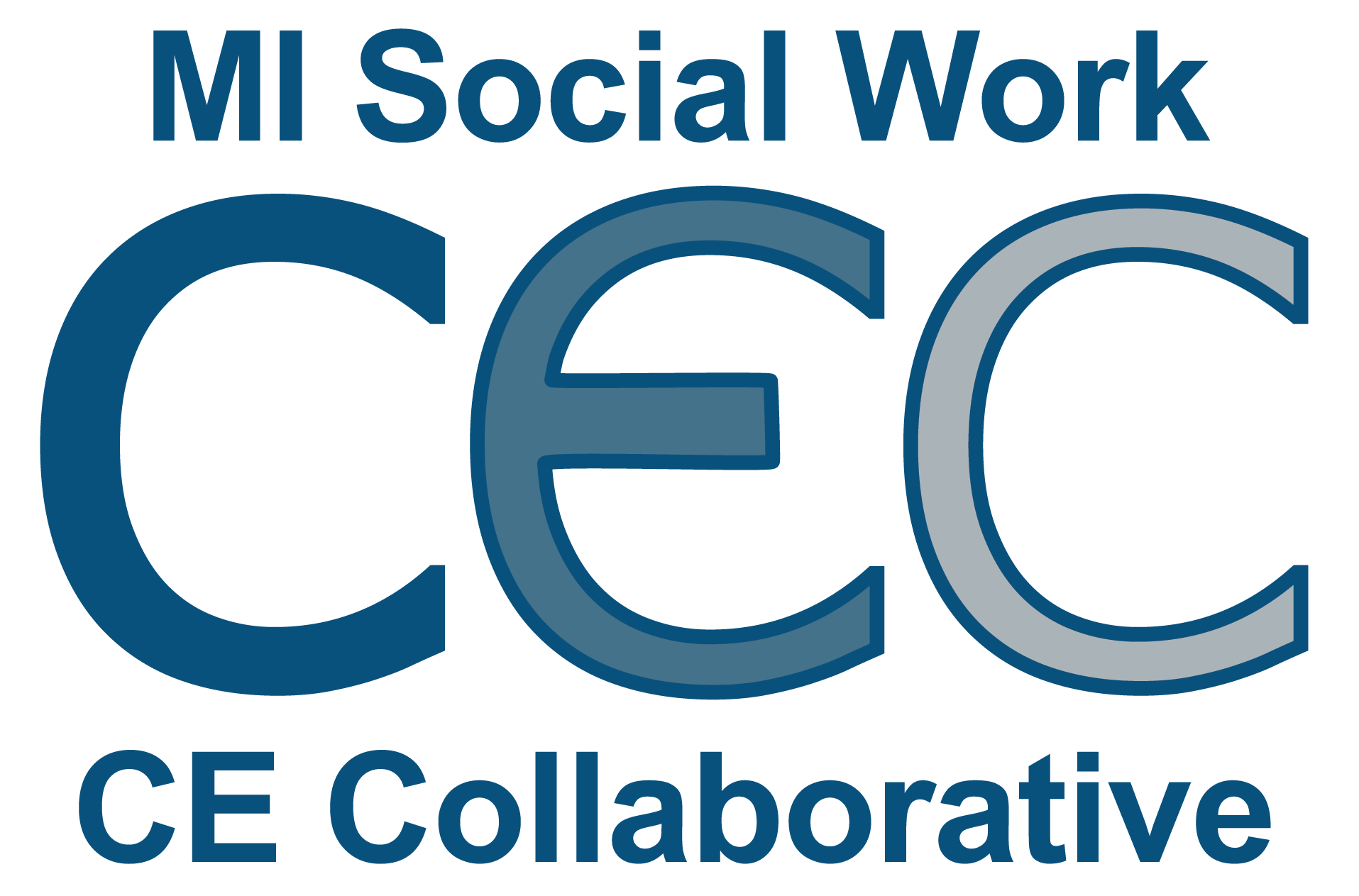Date Available:
NOW
Course Type:
On Demand
The module begins by looking at medication management: the process of assessing patients’ various medications, helping them organize their pill regimen, and also being mindful of possible interaction or conflicts.
Read More